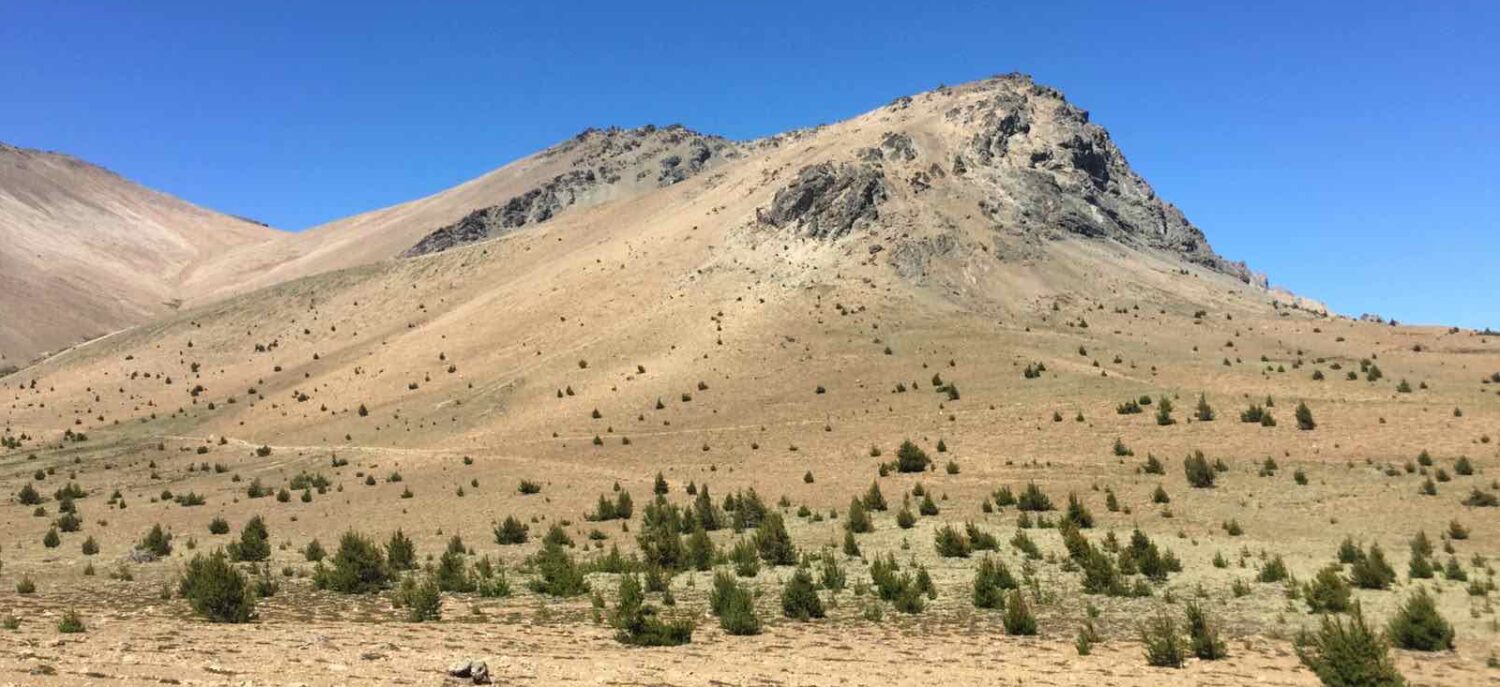Community ecology & biogeography lab
Our lab investigates the forces enabling the maintenance, and governing the distribution, of biological diversity contemporarily and historically. Some of our work aims to use such information to better predict how biodiversity will change in the face of global changes. We are inclusive and diverse, we work on a variety of systems, but we have a slight preference for ants.

